Audi Urban Future Award 2010: winner announced
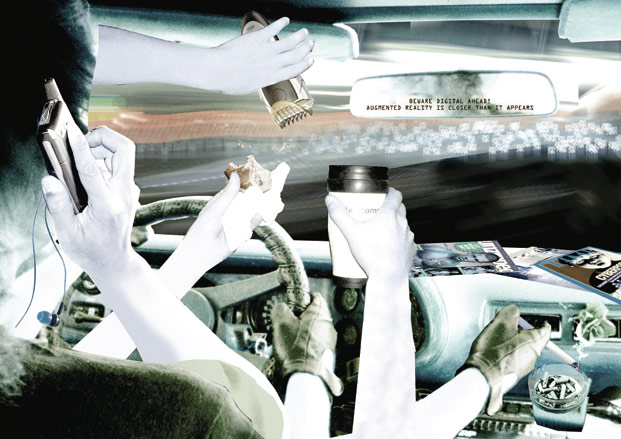
Receive our daily digest of inspiration, escapism and design stories from around the world direct to your inbox.
You are now subscribed
Your newsletter sign-up was successful
Want to add more newsletters?

Daily (Mon-Sun)
Daily Digest
Sign up for global news and reviews, a Wallpaper* take on architecture, design, art & culture, fashion & beauty, travel, tech, watches & jewellery and more.

Monthly, coming soon
The Rundown
A design-minded take on the world of style from Wallpaper* fashion features editor Jack Moss, from global runway shows to insider news and emerging trends.

Monthly, coming soon
The Design File
A closer look at the people and places shaping design, from inspiring interiors to exceptional products, in an expert edit by Wallpaper* global design director Hugo Macdonald.
In a 600-year-old ex-religious institution in Venice, complete with frescoes on the wall, Audi recently announced at the city's Architecture Biennale that German architect Jürgen Mayer has won its €100,000 Urban Future Award.
Aware that most of the world's population will be living in cities by 2030, Audi is anxious to know what these urban environments will be like, how people will get around and what sort of cars it should be making for BRIC country commuters in particular.
Mayer's theory, in which the digital, virtual and real worlds have merged into one, suggests cars will run on electricity taken from a smart-grid, come with integrated augmented reality software and the flow of traffic will be automated. Rapid-prototyped models and his trademark futuristic renderings were used to present his ideas in an exhibition in the crumbling Scuola Grande della Misericordia.
Detractors saw it as too sci-fi, representing the year 3000 rather than 2030 (indeed its high tech, digital focus was at odds with the rest of the Biennale's nostalgic feel). But Mayer added: 'I'm really happy to win, and I feel that Audi understands what my work is about, that technology is the tool for opening up endless urban possibilities.'
Runners up were Alison Brooks Architects from London, BIG - Barker Ingles Group from Copenhagen, Cloud 9 from Barcelona and Standard Architecture, Beijing.
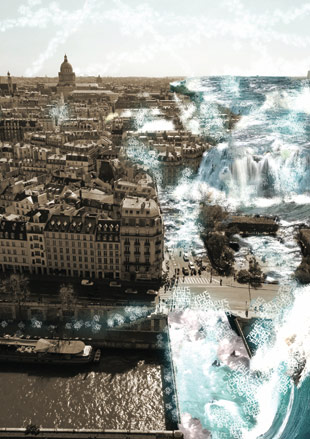
Crashing waves of virtual reality spill over the architecture in Mayer’s design
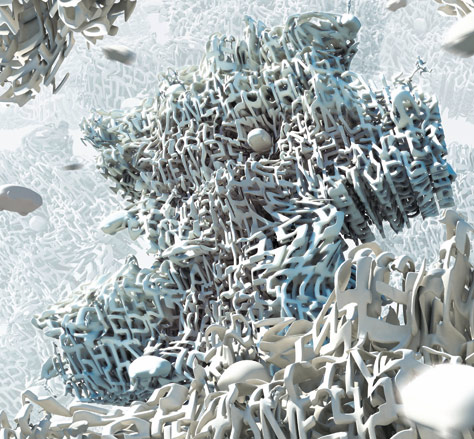
Mayer’s honeycomb-like structures are the building blocks of his futuristic design
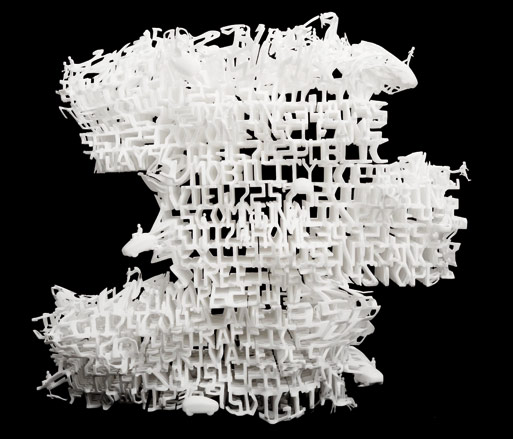
A flat print of Jurgen Mayer’s design reveals a pattern of letters and numbers that make up the landscape’s infrastructure
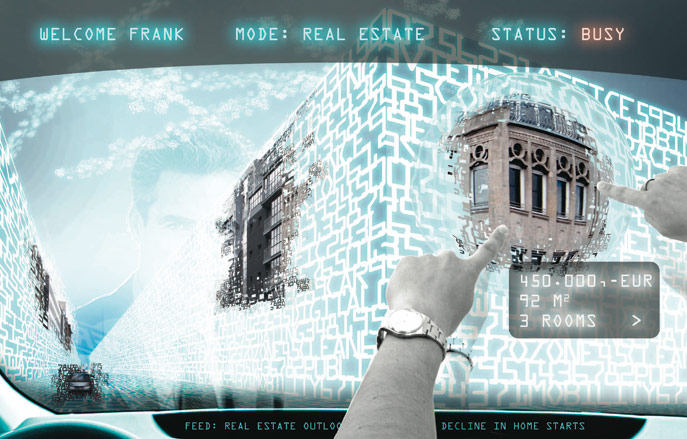
Mayer’s concept suggests cars will run on electricity taken from a smart-grid, come with integrated augmented reality software and the flow of traffic will be automated
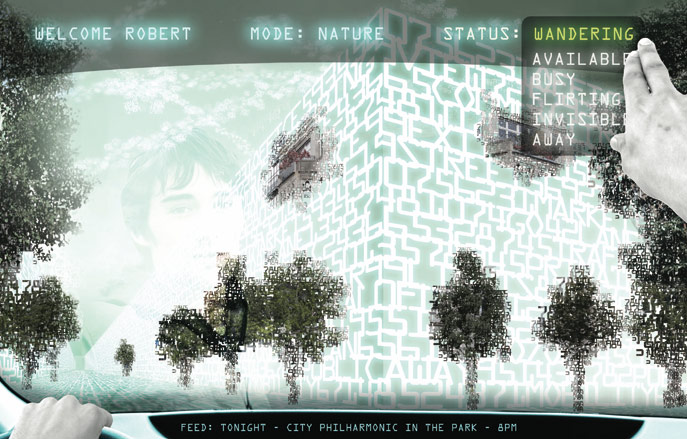
Different scenery and moods can be set in the winning project’s vision of futuristic vehicles
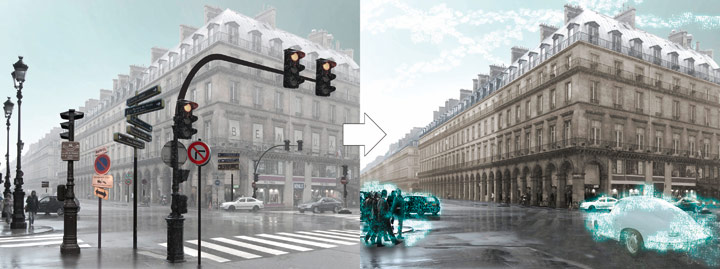
Mayer utilized an existing urban environment for his starting point in the project, then overlapped digital renderings on top of the image
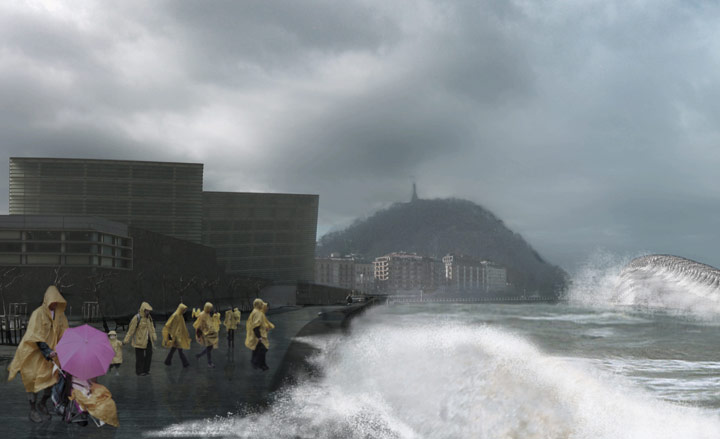
Barcelona based architects Cloud 9 developed a digital presentation assessing the progress of energy saving architecture, here depicting hydraulic engineering
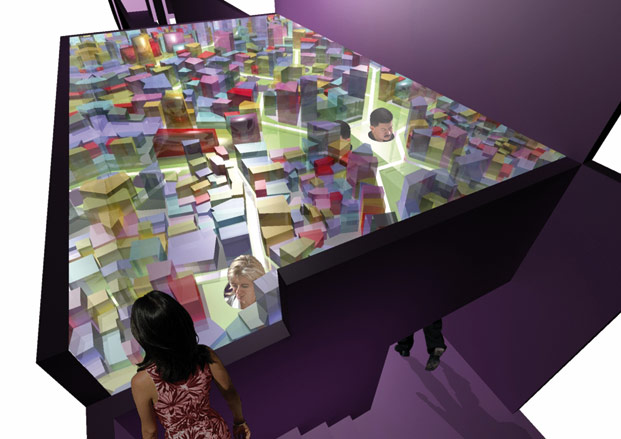
An entry from Alison Brooks Architecture proposes sustainable urban life development by expanding on ideas about compact mobility and transport infrastructure
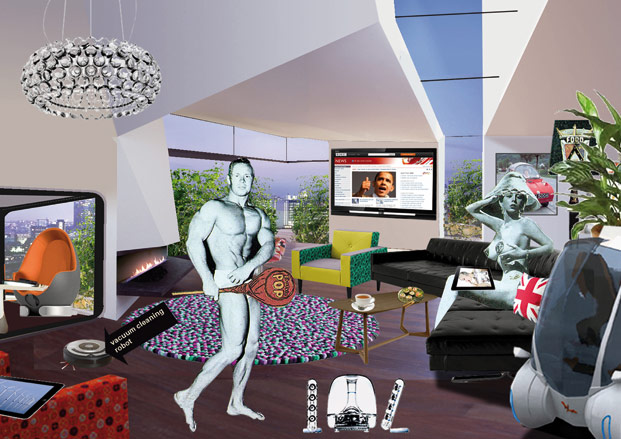
Work by runner up Alison Brooks questions what tomorrow’s homes will look like, taking inspiration from Richard Hamilton’s ’Just What Is It that Makes Today’s Homes So Different, So Appealing?’
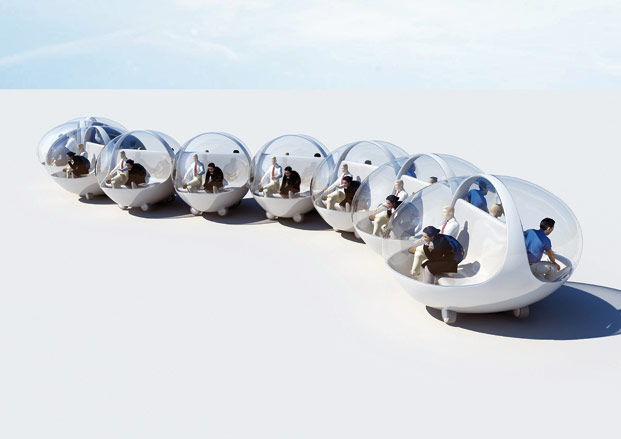
One of Standardarchitecture’s pod-like designs for the future of transport
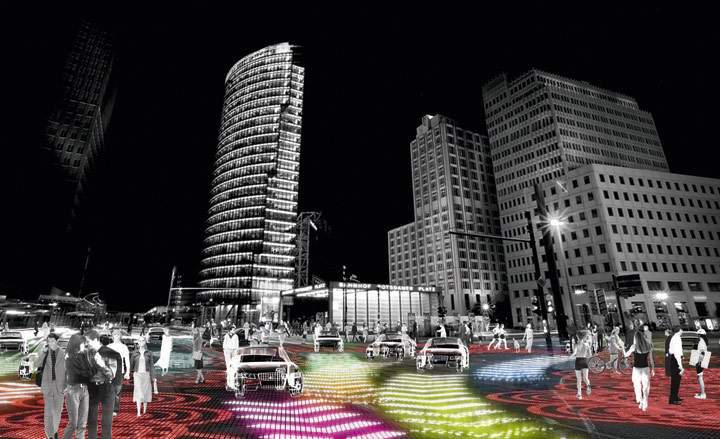
The Bjarke Ingels Group presented designs which merge inventions and advancements in technology, such as driverless cars in urban spaces
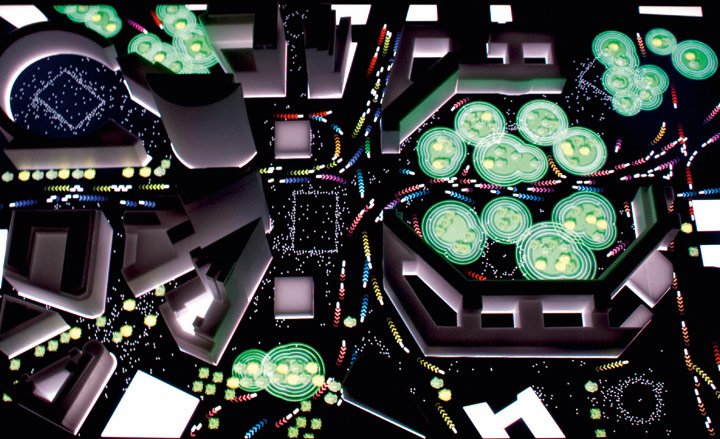
A colourful design from the Bjarke Ingels Group shows how pixels of light in the street surfaces could create the next generation of the ’traffic light’
Receive our daily digest of inspiration, escapism and design stories from around the world direct to your inbox.
Emma O'Kelly is a freelance journalist and author based in London. Her books include Sauna: The Power of Deep Heat and she is currently working on a UK guide to wild saunas, due to be published in 2025.